ANATOMY OF GALL BLADDER
GALL BLADDER IS PEAR SHAPE ORGAN . THIS IS LOCATE UNDER THE LIVER . THIS IS RESPONSIBLE FOR STORAGE AND RLEASE OF BILE. BILE IS THE FLUIED OF LIVER . LIVER PRODUCE THE BILE .
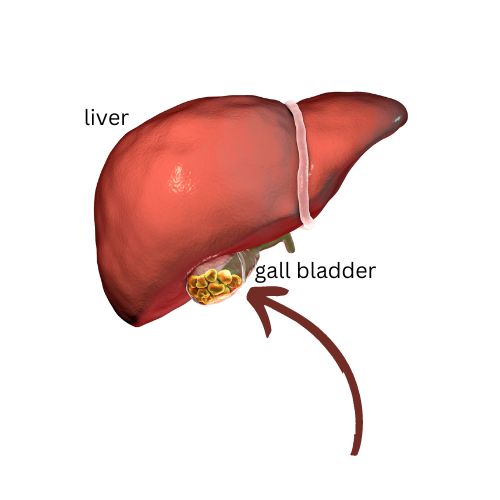
Understanding Gallbladder Stones: Causes, Symptoms, and Effective Treatments
Gallbladder stones, also known as gallstones, are a common digestive issue that affects millions of people worldwide. Understanding their causes, recognizing the symptoms, and knowing the available treatment options can help manage and prevent this condition. This blog delves into the essential aspects of gallbladder stones to provide you with comprehensive knowledge.
What Are Gallbladder Stones?
Gallstones are solid particles that form in the gallbladder, a small organ located under the liver. The gallbladder stores bile, a digestive fluid produced by the liver that helps in the digestion of fats. Gallstones can vary in size, from as small as a grain of sand to as large as a golf ball, and may develop as a single stone or multiple stones.
Causes of Gallbladder Stones
Several factors can contribute to the formation of gallstones:
- Excess Cholesterol: Bile contains cholesterol dissolved by bile salts. If the liver secretes more cholesterol than bile can dissolve, the excess cholesterol may form crystals and eventually stones.
- Bilirubin: Bilirubin is a chemical produced during the breakdown of red blood cells. Certain conditions, such as liver cirrhosis and biliary tract infections, can cause the liver to produce too much bilirubin, leading to gallstone formation.
- Gallbladder Motility: If the gallbladder doesn’t empty its bile content regularly and completely, bile can become overly concentrated, promoting the formation of stones.
Risk Factors
Certain factors increase the risk of developing gallbladder stones:
- Gender: Women are more prone to gallstones due to the influence of estrogen, which increases cholesterol levels in bile.
- Age: People over 40 are at a higher risk.
- Obesity: Being overweight increases cholesterol levels in bile.
- Diet: A diet high in fat and cholesterol and low in fiber can increase the risk.
- Family History: A family history of gallstones can elevate the risk.
- Medical Conditions: Diabetes, liver disease, and certain blood disorders can contribute to gallstone formation.
Symptoms of Gallbladder Stones
Gallstones may not always cause symptoms. When they do, the most common symptoms include:
- Abdominal Pain: Sudden and intense pain in the upper right abdomen, often radiating to the back or shoulder blade.
- Nausea and Vomiting: Accompanied by abdominal pain.
- Indigestion: Including bloating, gas, and heartburn.
- Jaundice: Yellowing of the skin and eyes if a stone blocks the bile duct.
- Fever and Chills: Indicating a possible infection.
Diagnosis
To diagnose gallstones, healthcare providers may use:
- Ultrasound: The most common and non-invasive method to detect gallstones.
- CT Scan: Provides detailed images of the gallbladder and bile ducts.
- Blood Tests: To check for signs of infection, jaundice, or other complications.
Treatment Options
Treatment depends on the severity of symptoms and the presence of complications:
- Watchful Waiting: If there are no symptoms, treatment may not be necessary. Regular monitoring is recommended.
- Medications: Bile acid pills can dissolve cholesterol gallstones over time but are less effective and slower than other treatments.
- Surgery (Cholecystectomy): The most common treatment for symptomatic gallstones. The gallbladder is removed to prevent future stone formation.
- Laparoscopic Cholecystectomy: Minimally invasive surgery with a quicker recovery time.
- Open Cholecystectomy: Traditional surgery involving a larger incision, typically reserved for complicated cases.
- Non-Surgical Options: For those unable to undergo surgery, procedures like ERCP (Endoscopic Retrograde Cholangiopancreatography) can remove stones from the bile ducts.
Prevention
Preventing gallstones involves lifestyle and dietary changes:
- Maintain a Healthy Weight: Avoid rapid weight loss, which can increase the risk of gallstones.
- Healthy Diet: Eat a balanced diet high in fiber and low in refined sugars and unhealthy fats.
- Regular Exercise: Helps maintain a healthy weight and overall well-being.
Homeopathy MEDICINE
Homeopathy offers various remedies for gallbladder stones, focusing on alleviating symptoms and addressing the underlying causes. Here are some commonly recommended homeopathic medicines for gallbladder stones:
- Chelidonium Majus: Often used for gallbladder issues, this remedy is particularly effective when there is pain radiating to the right shoulder blade, along with jaundice and digestive disturbances.
- Lycopodium Clavatum: Useful for individuals with bloating, flatulence, and pain in the right upper abdomen that worsens in the late afternoon and evening. It’s also helpful for people who have a preference for warm food and drinks.
- Calcarea Carbonica: This remedy is suitable for individuals who experience gallbladder pain along with other symptoms like obesity, slow digestion, and a craving for eggs.
- Nux Vomica: Recommended for people who suffer from gallbladder stones due to a sedentary lifestyle, excessive consumption of alcohol, and a diet high in spicy and rich foods. Symptoms often include constipation, irritability, and a frequent urge to pass stools.
- Berberis Vulgaris: Effective for sharp, stitching pain in the gallbladder area that may extend to the back and thighs. It’s also beneficial for people with a tendency to develop kidney stones.
- Chionanthus Virginica: Used for severe pain in the gallbladder, along with jaundice, nausea, and vomiting. It’s particularly helpful for individuals with a history of liver and gallbladder issues.
- Carduus Marianus: Suitable for liver and gallbladder conditions, especially when there is a feeling of fullness and pain in the upper right abdomen, often associated with liver enlargement and jaundice.
- Pulsatilla: Indicated for individuals with gallbladder stones who experience shifting pains, nausea, and digestive disturbances, particularly after consuming rich or fatty foods. It’s often recommended for women and individuals who are emotionally sensitive.
It’s crucial to consult with a qualified homeopathic practitioner before starting any treatment. They can take a comprehensive case history and recommend a remedy tailored to your specific symptoms and overall health.



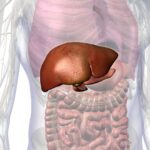
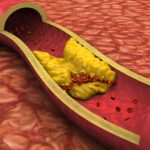

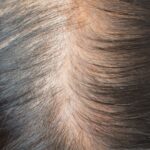



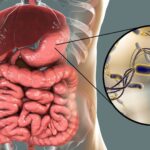

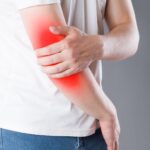

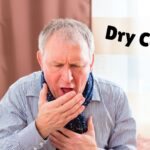





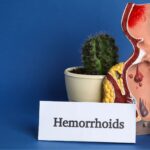


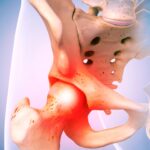
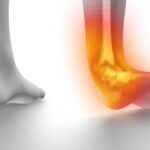
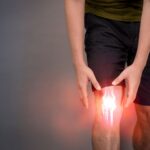


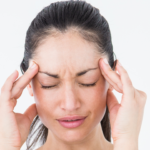

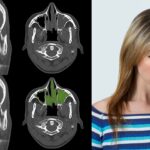


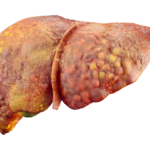








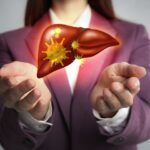















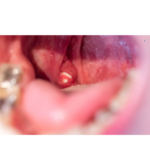
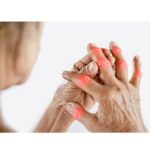


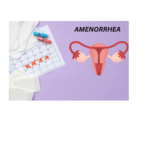
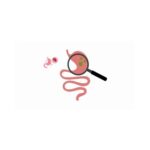
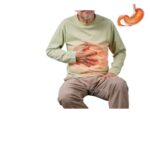

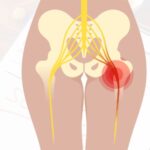
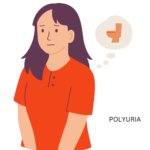
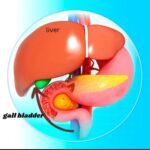
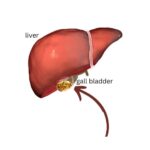




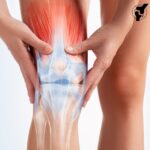





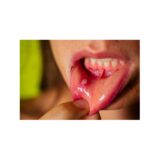
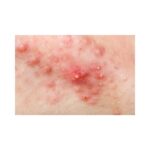
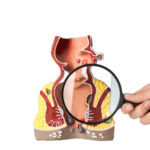


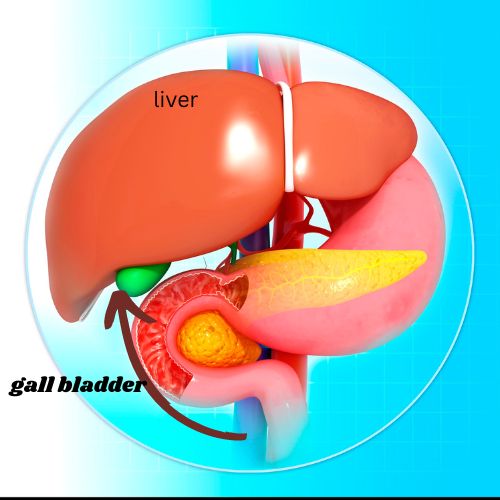
Hiya, I’m really glad I’ve found this information. Nowadays bloggers publish just about gossips and internet and this is really frustrating. A good website with interesting content, this is what I need. Thanks for keeping this web site, I’ll be visiting it. Do you do newsletters? Can not find it.
certainly like your website but you have to test the spelling on several of your posts. Several of them are rife with spelling problems and I in finding it very bothersome to inform the truth nevertheless I¦ll definitely come back again.